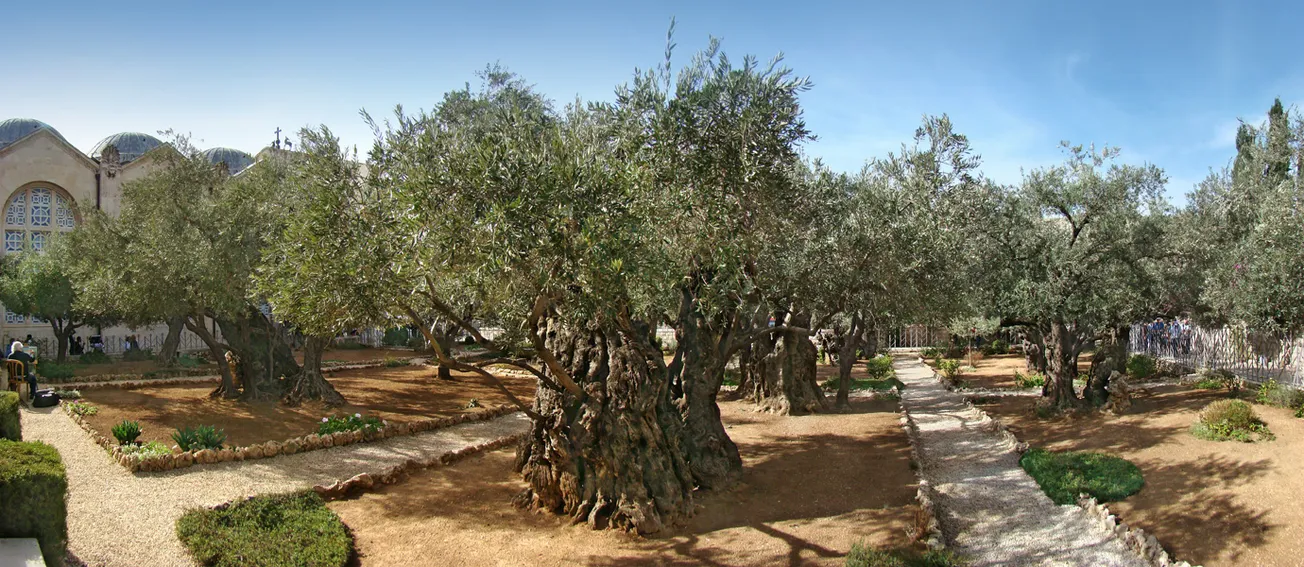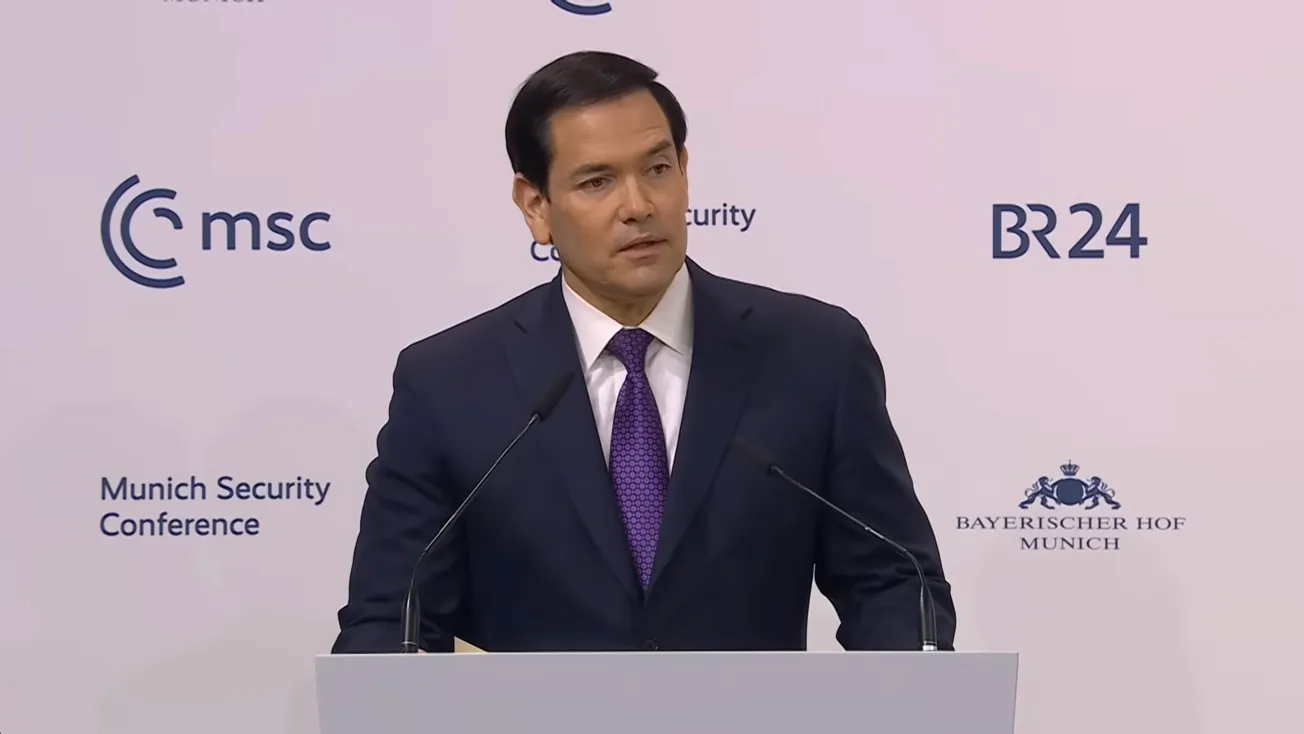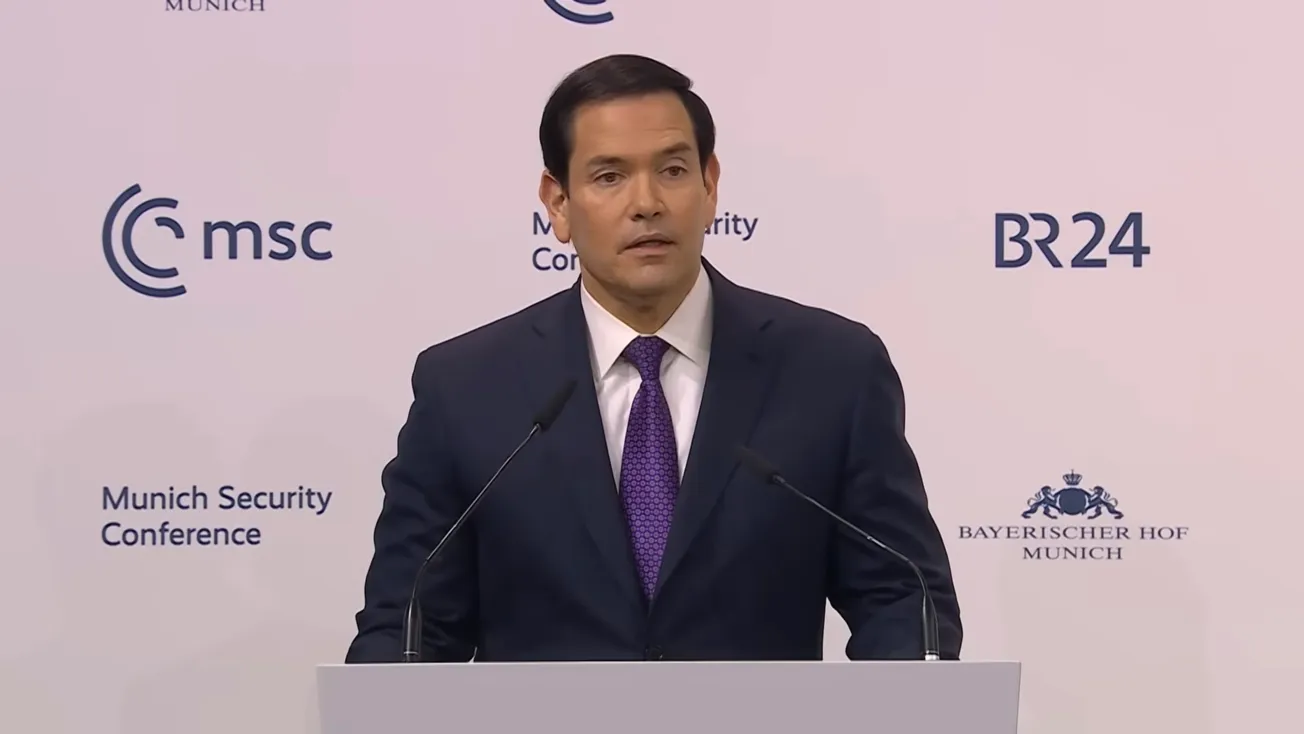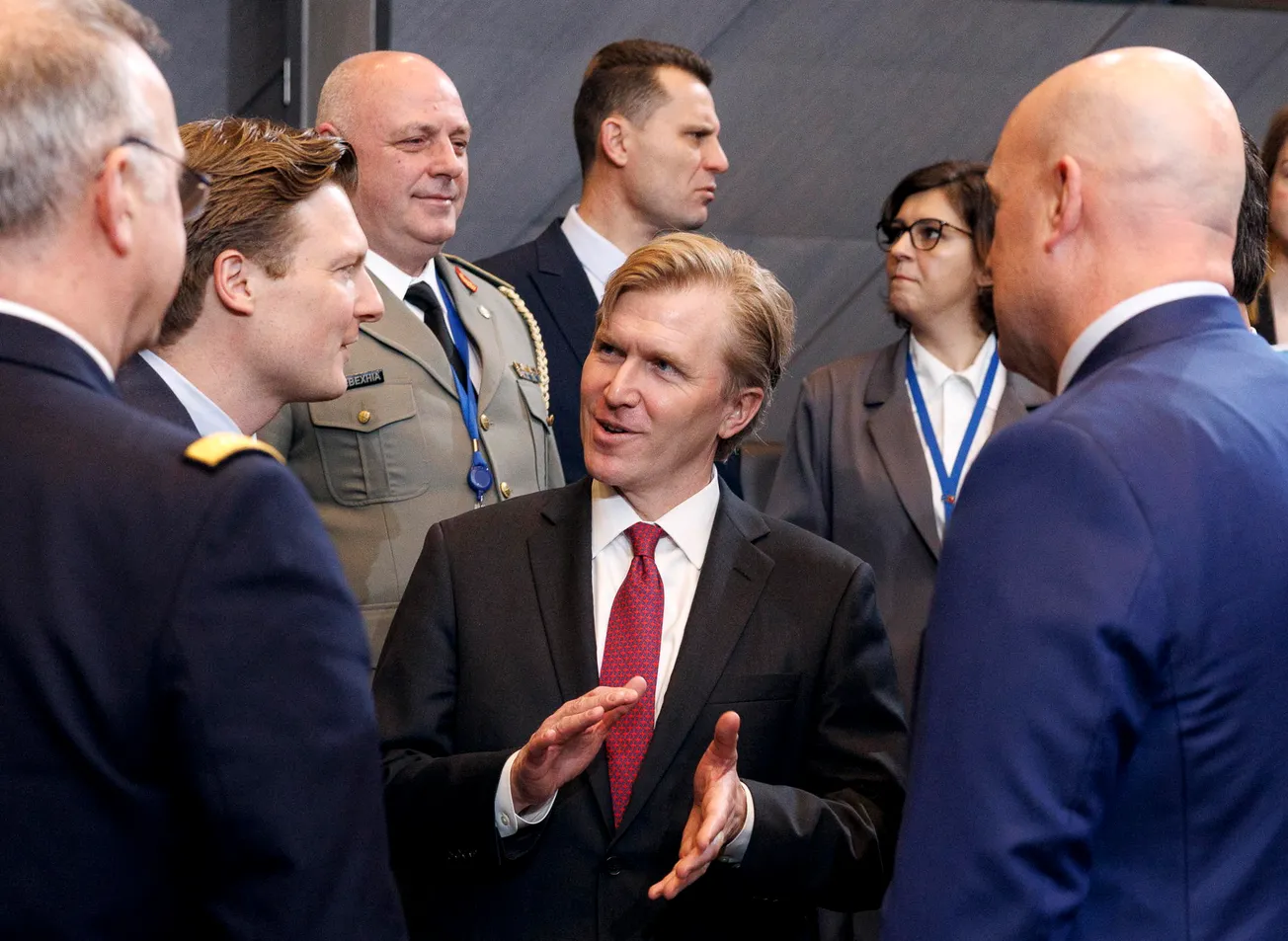The Lead
Gethsemane and Gaza
by Dennis Speed (EIRNS) — Mar. 28, 2024
March 27, 2024 (EIRNS)—"The unspeakable is regularly said in Gaza. From teenage girls hoping they are killed; to being told a child is the last survivor from their entire family. Such horror is no longer unique here…. Amid it all, so many brave, generous and tireless Palestinians continue to support one another, and sister UN agencies and UNICEF continue.
“As we heard yesterday: the (United Nations Security Council) ceasefire must be substantive, not symbolic. The hostages must go home. The people of Gaza must be allowed to live…. In the three months between my visits, every horrific number rose dramatically. Gaza has shattered humanity’s records for its darkest chapters. Humanity must now urgently write a different chapter.” This was the partial testimony of James Elders, spokesman of UNICEF, at a March 26 press conference in Rafah, site of the next impending mass kill of women and children in Palestine (there are 600,000 children in Rafah.)
Is our humanity a mere abstraction? Do we have an immortal human identity above our various ethnic and cultural differences? Are we a single human species, or not? If we are not, then the United States’ representatives at the United Nations, at the State Department, in the Congress and Pentagon are correct—Monday’s UN Resolution 2728, calling for a ceasefire, immediate release of hostages, and allowing full humanitarian access to Gaza, “is not binding.”
UN Secretary General António Guterres wrote on X that “The Security Council just approved a long-awaited resolution on Gaza, demanding an immediate ceasefire, and the immediate and unconditional release of all hostages. This resolution must be implemented. Failure would be unforgivable.” But that was not the view expressed by the United States. The UN Security Council vote was 14-0, with one abstention—the United States.
In a press conference the following day, White House National Security Communications Adviser John Kirby was asked about this:
Q. “On the nonbinding thing, the UN Secretary General said after the vote, ‘This resolution must be implemented.’ You say it’s nonbinding. So, who is right here? And if it’s nonbinding, if, as you say, it does not change anything, why has the administration blocked so many pretty similar resolutions in the past?
Kirby: “Because they didn’t condemn Hamas. I’ve said that repeatedly….”
Q: “This one doesn’t condemn Hamas either….”
Kirby: “Because they condemn Hamas and because they also just called for a ceasefire with no linkage to the hostages. This one, the reason why we can’t support it but didn’t veto it is because it does link hostages and a ceasefire, which is in keeping with our policy.”
Q: “And on the binding thing, is it binding, nonbinding?”
Kirby: “It’s a nonbinding resolution.”
There was a time when America was better than this. The Rev. Dr. Martin Luther King believed that “All men are caught in an inescapable network of mutuality, tied in a single garment of destiny.” He transformed that idea into direct action on behalf of African Americans, but all people, non-violent action through which apparently powerless, disenfranchised, dispossessed, “despised and rejected” citizens, were bound together in a great cause—resurrecting their own humanity.
In this moment, it will take not only leadership, but “discipleship” to make the acknowledgment of the humanity of the Palestinians “binding” on the Malthusian rules-based disorder of the Anglosphere. Becoming a student of the Oasis Plan, the comprehensive plan for Southwest Asia devised by Lyndon LaRouche and refined by his associates over 50 years, means to learn how to implement it, immediately. You will never achieve a “political” or “military” solution of the “Mid-East problem” without simultaneously putting “shovels in the ground” to build this world-transforming project. As Helga Zepp-LaRouche, founder of the Schiller Institute, said in her weekly strategic dialogue today:
“The UN Security Council vote is mandatory, but that is then the question if Israel will regard that as obligatory to follow. And if not, the question is what other measures must be taken? In any case, we can only suggest to change the entire outlook: That is why the Oasis Plan conference must be a really powerful intervention, and I think what you can do is to help us to build the conference. Get as many individuals, but also organizations, from the region, from Southwest Asia, but also from the United States and from Europe and other parts of the world to put in their weight. Because this is so enormous, naturally, the United States could have stopped it from the very beginning; now they are under pressure to do something. But, the big question is, will they? And I think the only thing one can do is to have—you know, if you had the whole world, like a powerful chorus, demanding that the suffering of the people in the region should stop, and therefore that the Oasis Plan should be implemented. Just imagine, the BRICS countries would all say that, if all the neighbors would say that, Saudi Arabia, the Emirates, Iraq, Syria, Türkiye, and then beyond that, all the countries of Europe, and everybody would demand that, it could happen! So that is the purpose of this conference, that we can build the momentum, and show people a vision for how, actually, through economic development, peace can be established.”
Today, called by Christians Holy Thursday by some, Maundy Thursday by others, could also be called the Day of Gethsemane. On that night, the “prophet without honor in his own country,” Jesus, in an agonizing moment of decision, became one with his mission to mankind. “O my Father, if this cup cannot pass from me, but that I must need drink thereof, Thy will be fulfilled.” The “imitation of Christ” means to accept the cup, in our time, as Martin Luther King did in his lonely opposition to the unjust war in Vietnam. Today, Gaza is the world’s Gethsemane. We supply in our History-Culture section, economist and statesman Lyndon LaRouche’s “In the Garden for Gethsemane,” composed by him in prison in the tradition of St. Thomas More’s The Sadness of Christ.
Contents
Strategic War Danger
- China Reminds the U.S. That UNSC Resolutions Are Binding (↓)
- Israel Unhinged Over Special Rapporteur’s ‘Anatomy of a Genocide’ (↓)
- Brzezinski’s Heirs Celebrate Moscow Terror, Gear Up Separatist Ops for Russia (↓)
- Russian, American Security and Intelligence Analysts: Will the Trail of the Crocus Terrorists Lead to the Anglosphere? (↓)
- Ritter on Ukrainian Involvement in the Crocus Massacre (↓)
- Poland Wants To Shoot Down Russian Missiles in Ukraine (↓)
- US Humanitarian Aid Drops Proving Lethal to Gaza Residents (↓)
- Gallant Meets Austin at the Pentagon, Finds No Change in US Policy (↓)
Collapsing Imperial System
Harley Schlanger Update
Watch The Daily Update with Harley Schlanger, a short video update available every weekday morning from The LaRouche Organization.







